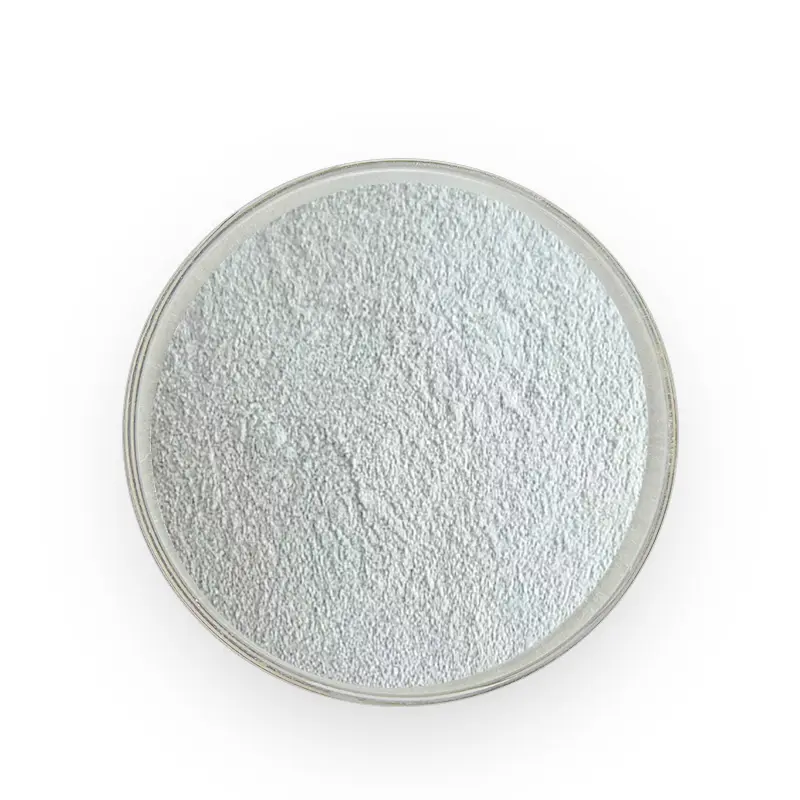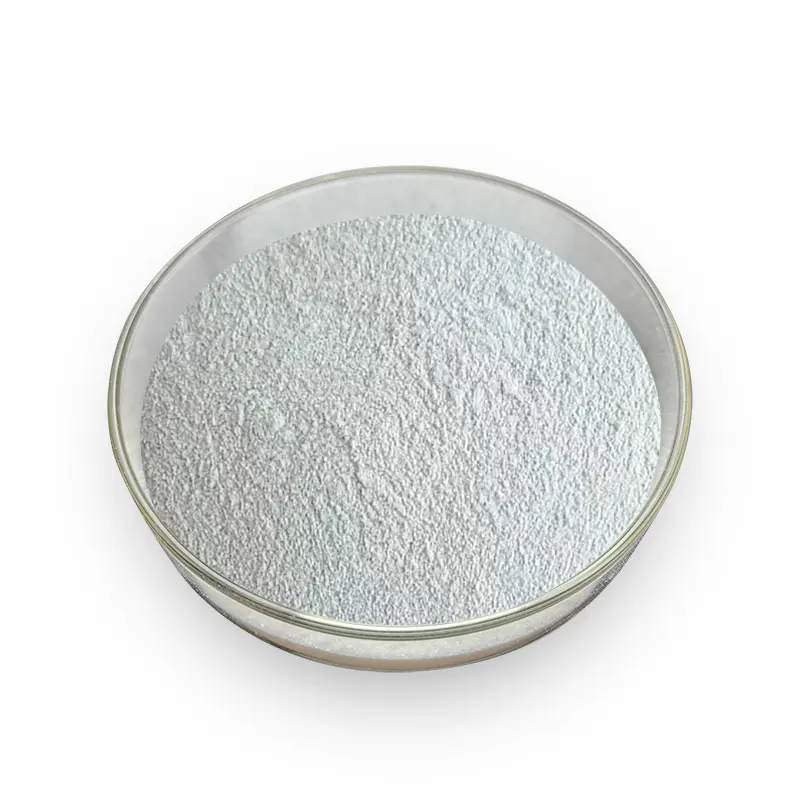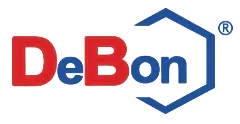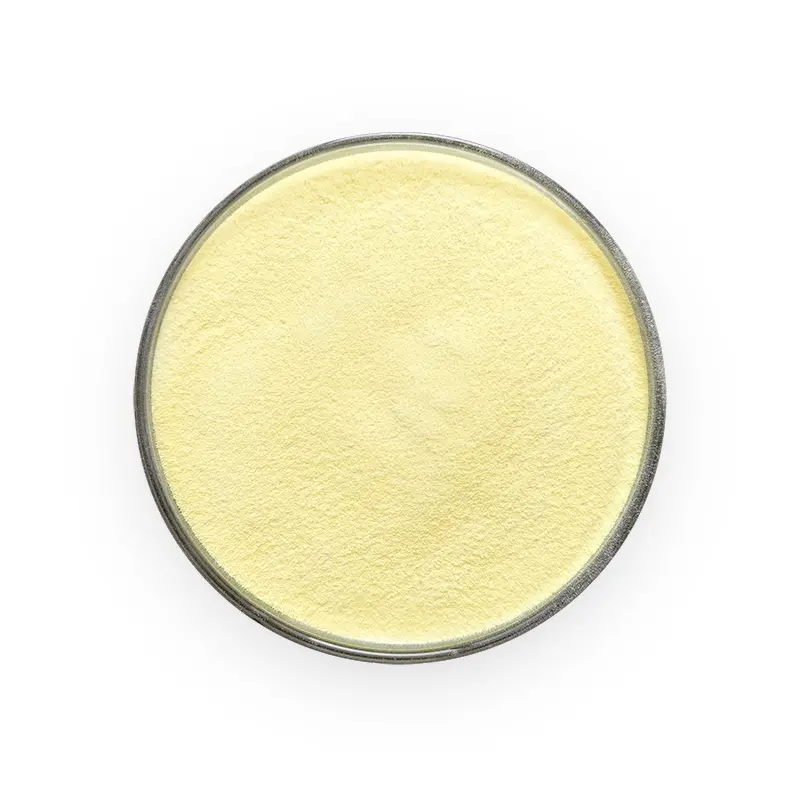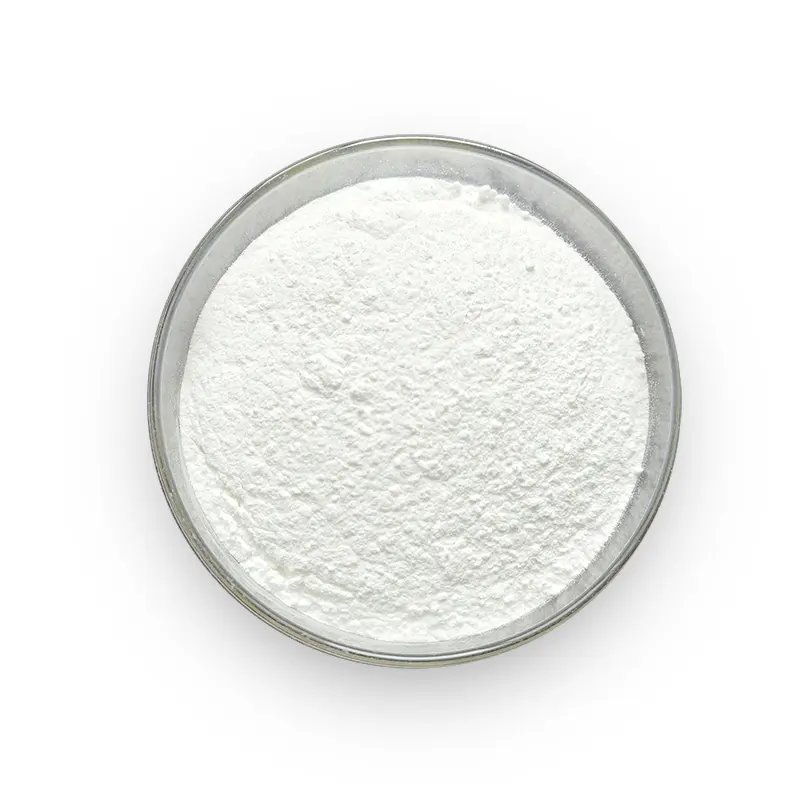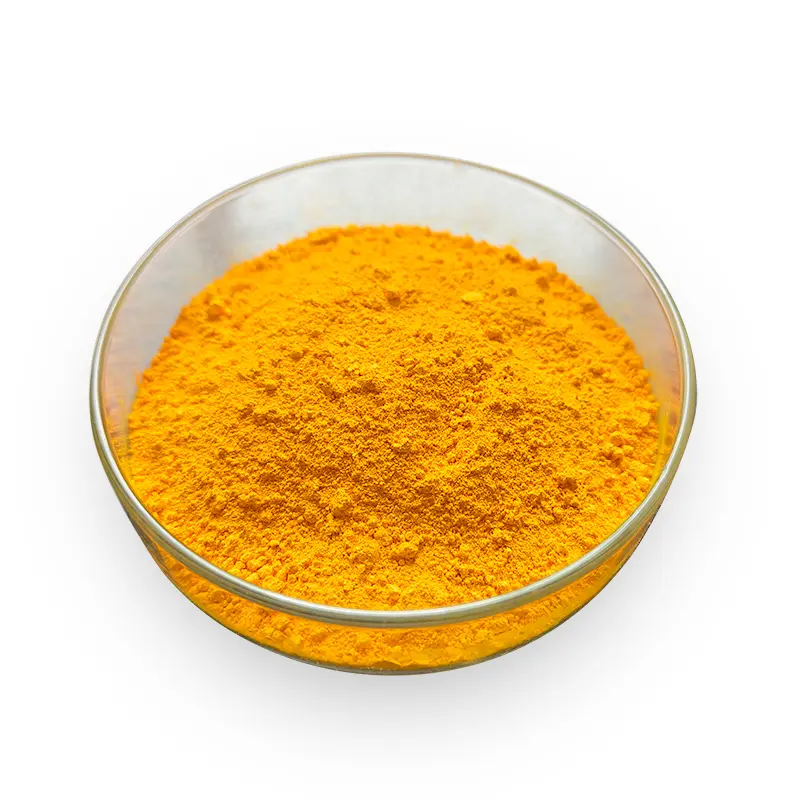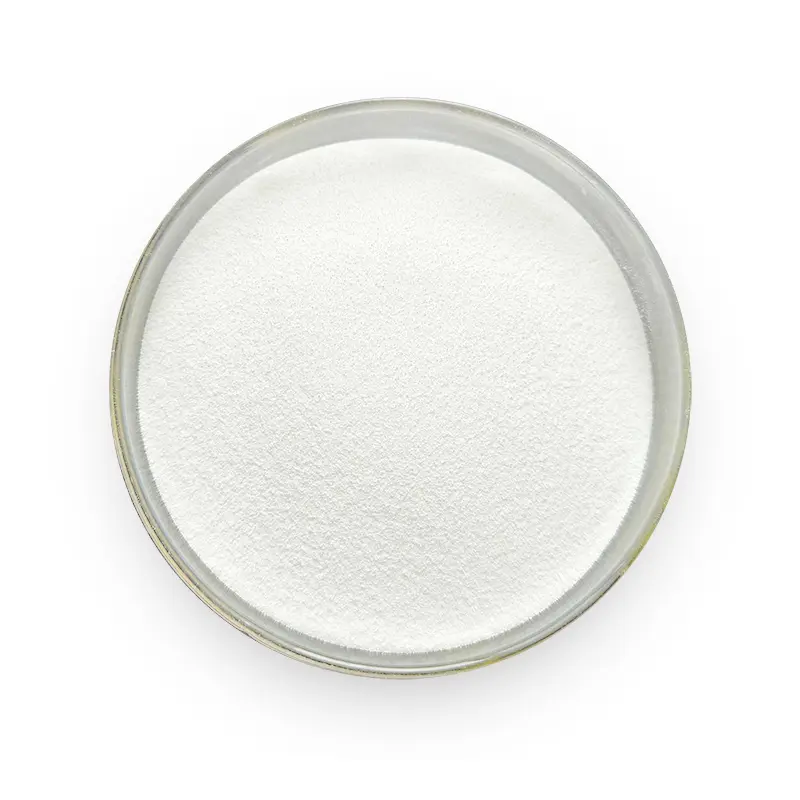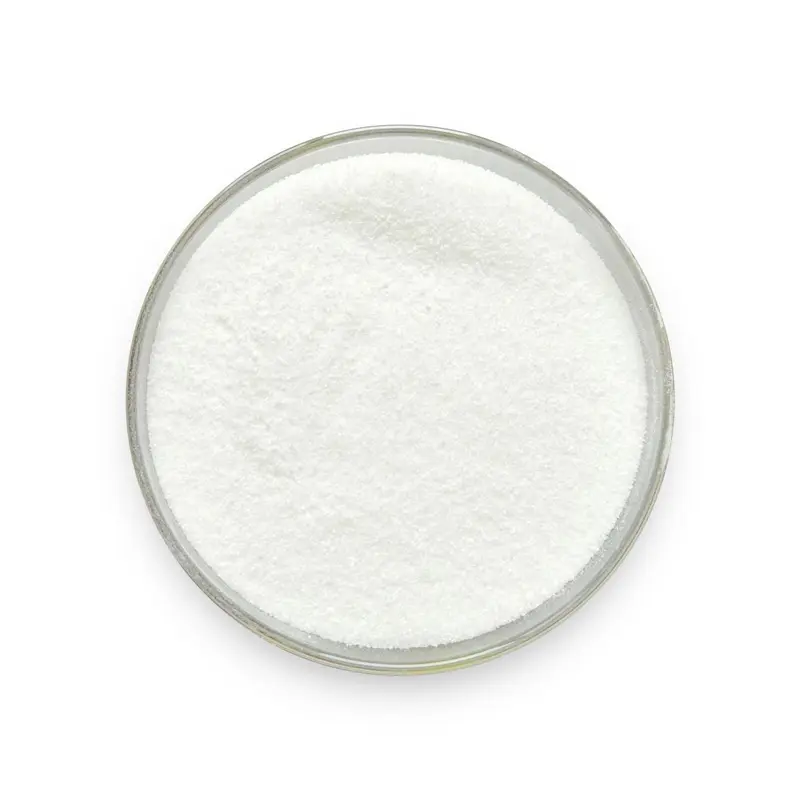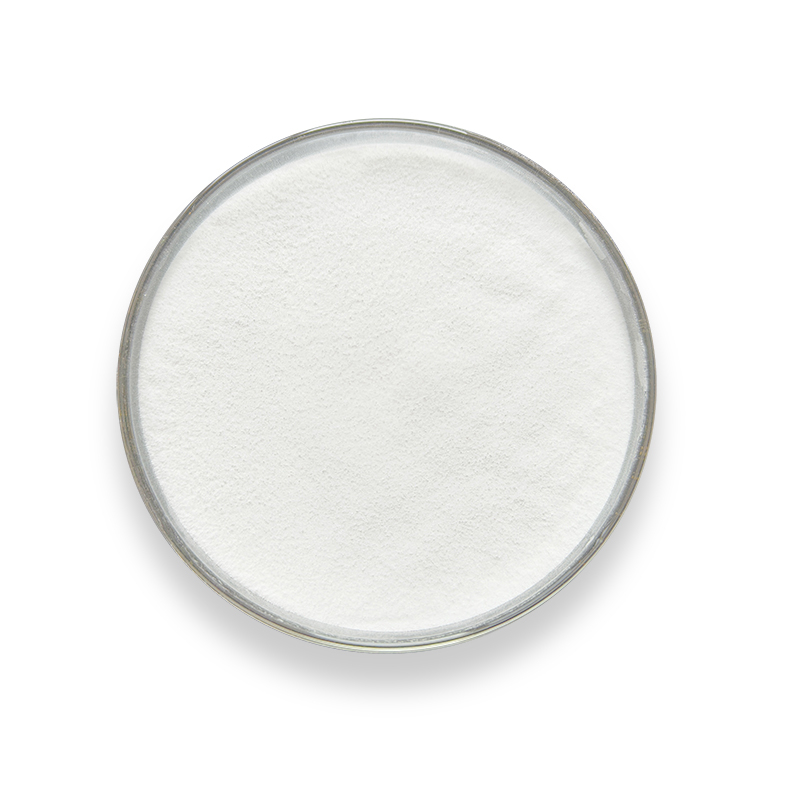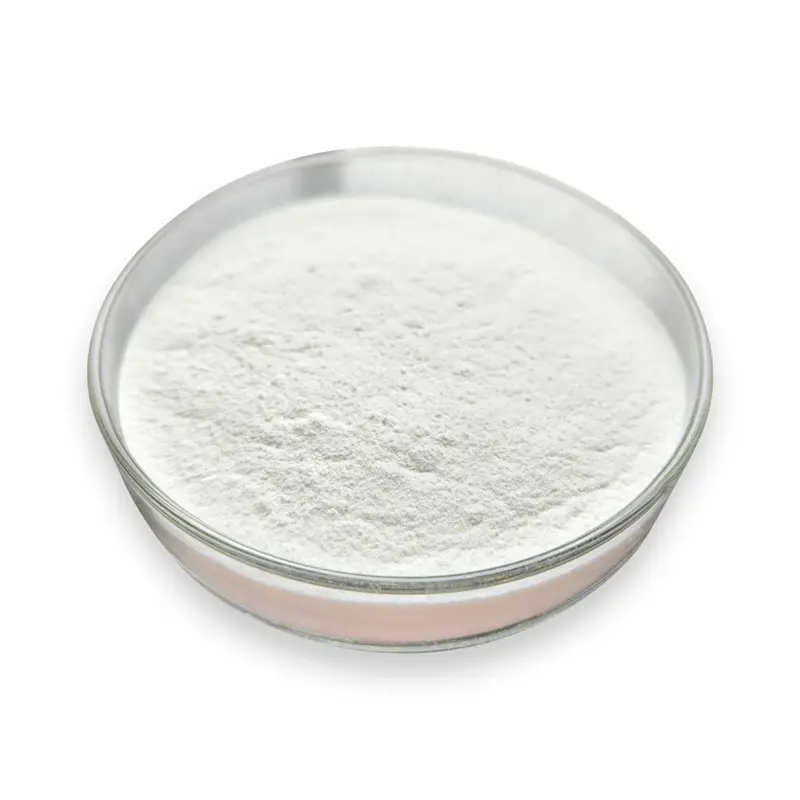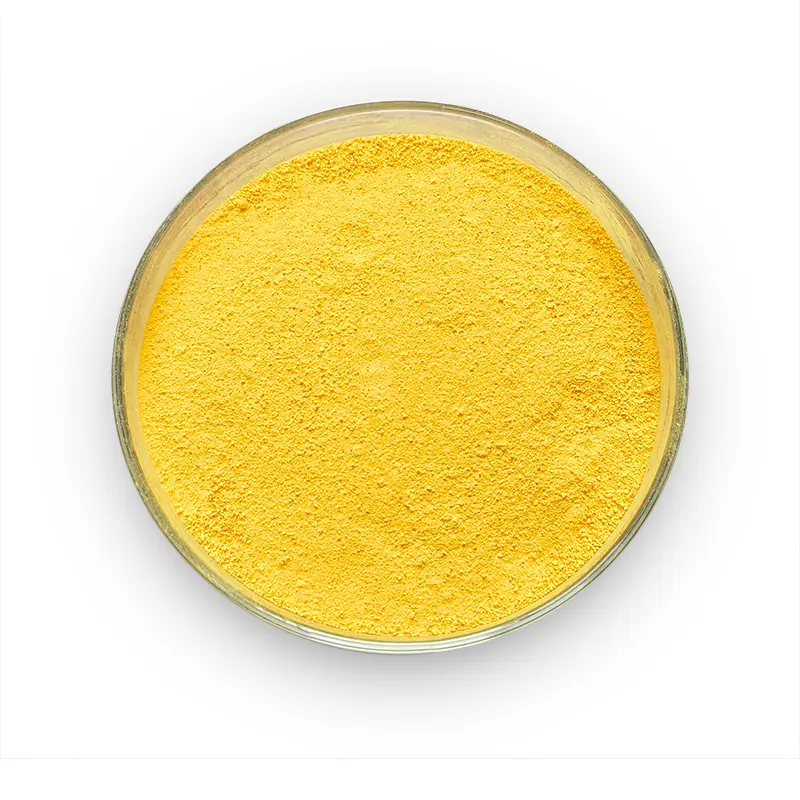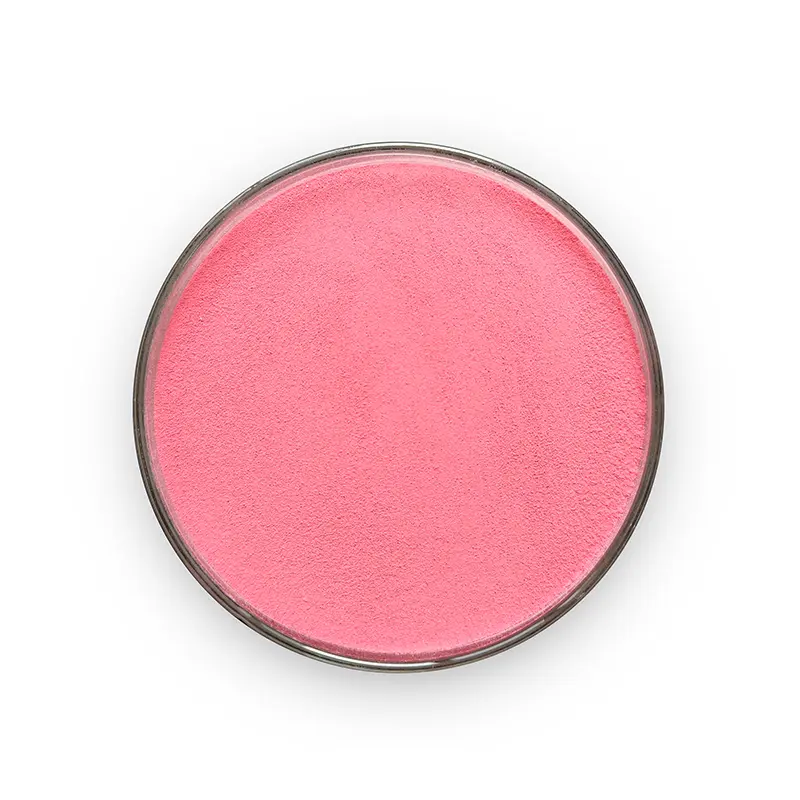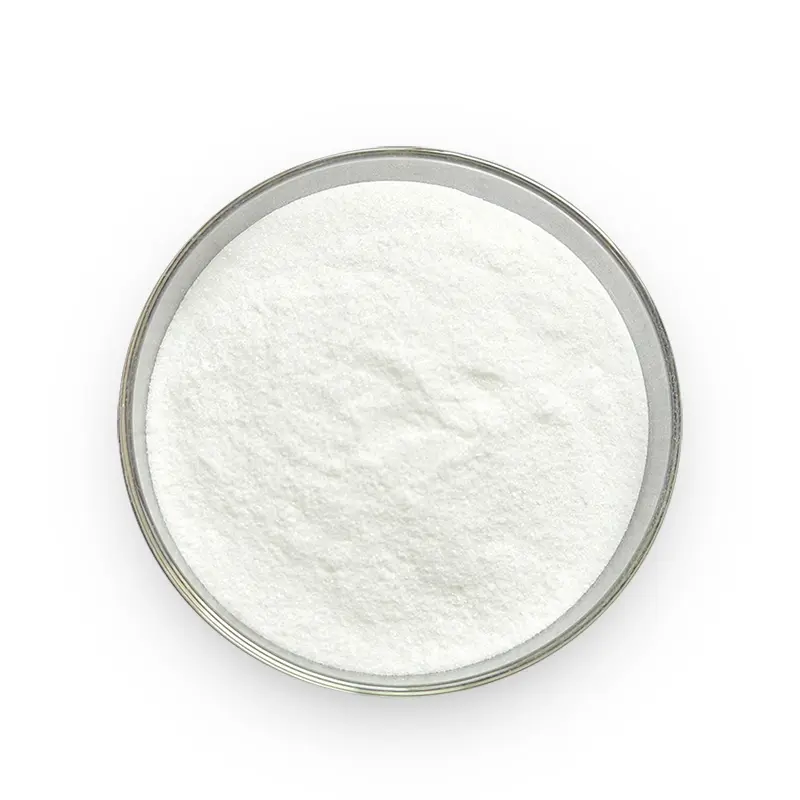DeBon Next-Gen Bioactive L-Tryptophan Feed Additive
Product Specifications
| Product Name | L-Tryptophan |
| Active Ingredient | L-Tryptophan (Dry Basis) ≥98.0% |
Physical & Chemical Indicators:
| Loss on Drying | ≤0.5% |
| Residue on Ignition | ≤0.5% |
| pH (1% Solution) | 5.0–7.0 |
| Heavy Metals | Arsenic (As): ≤2.0 mg/kg
Lead (Pb): ≤5.0 mg/kg Cadmium (Cd): ≤2.0 mg/kg Mercury (Hg): ≤0.1 mg/kg |
| Microbiological Limits | Salmonella: Not detected |
Functions
L-Tryptophan is essential for:
Protein Synthesis: Supports muscle growth and tissue repair in animals.
Feed Efficiency: Enhances nutrient absorption and improves feed conversion ratios.
Stress Reduction: Regulates serotonin production, reducing stress and aggressive behavior in livestock.
Immune Support: Strengthens immune response and overall metabolic health.
Storage & packing
Storage Conditions
Store in a dry, well-ventilated area under normal ambient conditions.
Avoid exposure to direct sunlight, moisture, or extreme temperatures.
Packaging
Net Weight: 20 kg/bag
Shelf Life:36 months
Usage & Dosage
Application: Uniformly blend into compound feed or premixes.
Recommended Dosage:
General Use: 0.1–1.0 kg per metric ton of feed.
swine: 0.1–0.5 kg/ton of feed
Poultry: 0.05–0.3 kg/ton of feed
Aquaculture: 0.2–0.6 kg/ton of feed
Adjust dosage according to species-specific requirements or veterinary guidance.
Additional Notes
Precautions: Ensure thorough mixing to avoid segregation.
FAQs
1. What is L-Tryptophan 98% Feed Additive?
L-Tryptophan is an essential amino acid used as a feed-grade supplement to optimize animal diets. This product contains 98% pure L-Tryptophan in crystalline or powder form, supporting protein synthesis, immune function, and stress management in livestock and poultry.
2. Why is L-Tryptophan supplementation important?
Tryptophan is a limiting amino acid in many plant-based feeds. Supplementation improves growth performance, reduces aggression in animals, enhances gut health, and serves as a precursor for serotonin and melatonin, promoting calm behavior and improved welfare.
3. Is L-Tryptophan safe for animals?
Yes, it is safe and non-toxic when used as directed. Over-supplementation may disrupt amino acid balance or cause serotonin-related effects (e.g., lethargy). Follow recommended levels strictly.
4. Can L-Tryptophan replace other amino acid supplements?
No—it is designed to complement lysine, methionine, and threonine. Balanced amino acid profiles are critical; never use tryptophan as a sole supplement without professional guidance.
Compatibility & Contraindications
Compatible With
Amino Acids: Lysine, methionine, threonine.
Vitamins: B-complex vitamins (especially B6, which aids tryptophan metabolism), vitamins A, D, E.
Minerals: Phosphates, calcium carbonate, selenium yeast (at recommended levels).
Acidifiers: Organic acids (e.g., fumaric acid, citric acid).
Antioxidants: Ethoxyquin, natural extracts (e.g., tocopherols).
Contraindications
Alkaline Substances (e.g., sodium bicarbonate, excess limestone): May reduce bioavailability by altering pH and degrading tryptophan.
Strong Oxidizers (e.g., potassium permanganate, hydrogen peroxide): Risk of chemical breakdown.
Hygroscopic Additives (e.g., choline chloride): Pre-mix with a dry carrier (e.g., soybean meal) to prevent moisture absorption and clumping.
High Copper/Zinc Levels: May chelate tryptophan, reducing absorption.
Direct UV Exposure: Degrades tryptophan; store in opaque or light-resistant packaging.
product details
